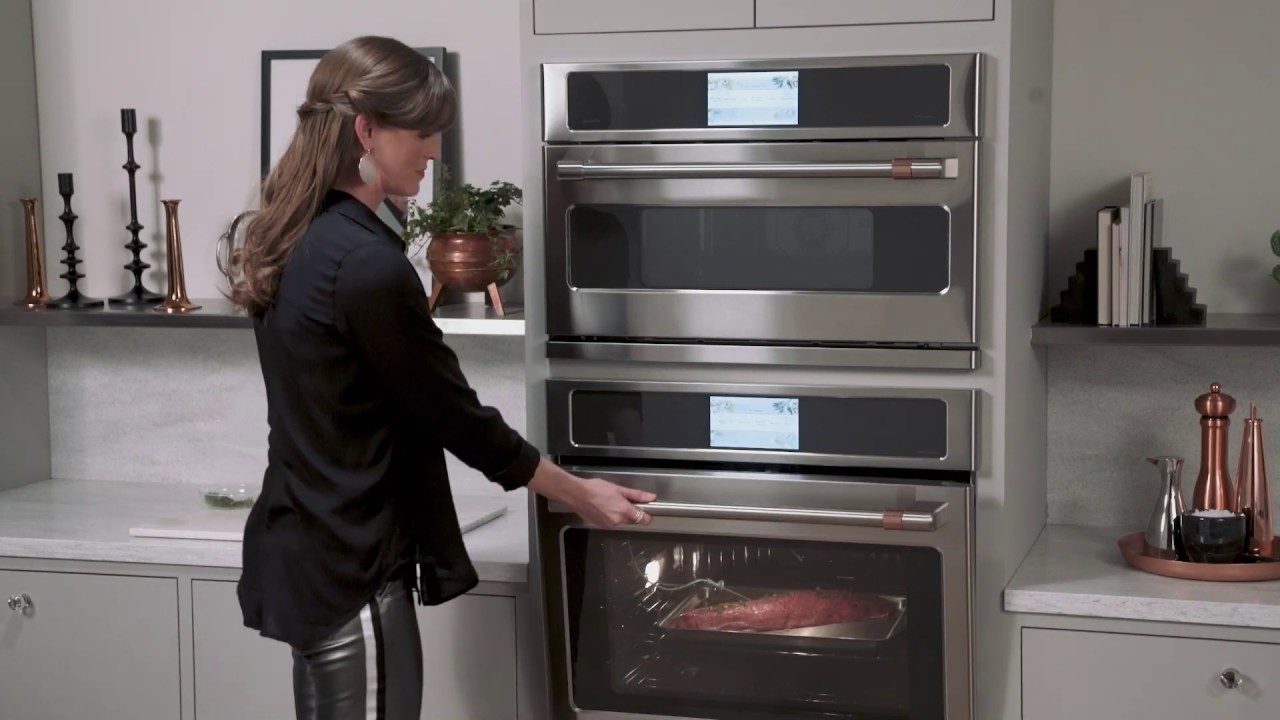

Articles
How Long Do Wall Ovens Last
Modified: October 19, 2024
Discover the lifespan of wall ovens in this informative article. Learn how long they typically last and tips for extending their longevity.
(Many of the links in this article redirect to a specific reviewed product. Your purchase of these products through affiliate links helps to generate commission for Storables.com, at no extra cost. Learn more)
Introduction
Wall ovens have become a staple in modern kitchens, offering convenience, style, and versatility. These appliances provide a sleek and seamless integration into your kitchen design, allowing you to cook a wide variety of dishes with ease. However, like any other kitchen appliance, wall ovens have a limited lifespan.
In this article, we will explore the factors that influence the lifespan of wall ovens, discuss the common lifespan expectations, and provide tips on how to extend the longevity of your wall oven. Additionally, we will cover signs that indicate your wall oven may be nearing its end and discuss whether it’s better to repair or replace your appliance.
Understanding how long a wall oven typically lasts and how to maintain it properly can help you make informed decisions about your kitchen appliances and ensure that you are getting the most out of your investment.
Key Takeaways:
- Wall ovens, when well-maintained, can last between 10 to 15 years, with some models lasting even longer. Regular cleaning, proper usage, and prompt repairs can help maximize their lifespan and cooking efficiency.
- When deciding whether to repair or replace a wall oven, factors such as repair costs, age of the oven, frequency of breakdowns, and energy efficiency should be considered. Investing in a new, advanced model can enhance cooking experience and save on long-term costs.
Read more: How Long Do Electric Wall Ovens Last
Factors Affecting the Lifespan of Wall Ovens
The lifespan of a wall oven can vary based on several factors. Understanding these factors can help you assess the durability and longevity of your appliance. Here are some key factors that can influence how long a wall oven will last:
- Quality of Construction: The construction quality of the wall oven plays a significant role in its lifespan. High-quality materials and solid craftsmanship can contribute to a longer-lasting appliance.
- Usage and Maintenance: How often you use your wall oven and how well you maintain it can impact its lifespan. Regular cleaning, proper use, and following manufacturer guidelines can help prolong its life.
- Brand and Model: Different brands and models have varying levels of durability and reliability. Some brands are known for producing long-lasting appliances, while others may have a reputation for shorter lifespans.
- Heating Elements and Internal Components: The quality and design of the heating elements and internal components, such as the thermostat and control panel, can affect the overall performance and lifespan of a wall oven.
- Power Surges and Electrical Issues: Power surges and electrical problems can pose a risk to the electrical components of the wall oven. Investing in surge protectors and addressing any electrical issues promptly can help protect the appliance.
- Environmental Factors: The environment in which the wall oven is installed can impact its longevity. High levels of humidity, extreme temperature variations, and exposure to corrosive substances can all affect the performance and lifespan of the appliance.
While these factors can influence the lifespan of a wall oven, it’s important to note that individual experiences may vary. Some wall ovens may last longer than expected, while others may require repair or replacement sooner. Regular maintenance and proper usage can help maximize the lifespan of your wall oven, regardless of these factors.
Common Lifespan of Wall Ovens
The lifespan of a wall oven can vary depending on various factors, as mentioned earlier. On average, a well-maintained and properly used wall oven can last between 10 to 15 years.
However, it’s essential to keep in mind that this estimate is just a guideline, and the actual lifespan of your wall oven may differ. Some models, particularly those from reputable brands known for their durability, may last even longer, reaching 20 years or more. On the other hand, lower-quality models or those exposed to harsh usage conditions may have a shorter lifespan.
It’s important to note that advancements in technology and changes in manufacturing standards can also impact the lifespan of modern wall ovens. Older wall ovens might have a shorter life expectancy due to outdated components or less efficient insulation. Therefore, newer models with improved features and materials may have a longer lifespan and better energy efficiency.
Regular maintenance, such as cleaning the oven interior and removing any built-up residue, can also contribute to extending the lifespan of your wall oven. Additionally, avoiding excessive use of self-cleaning features and practicing proper cooking techniques can help prevent unnecessary wear and tear.
Lastly, paying attention to unusual noises, inconsistent heating, or other signs of malfunctioning can help you identify potential issues early on. Promptly addressing any problems and seeking professional repair services when necessary can help prolong the life of your wall oven.
Remember, while the average lifespan gives you an idea of what to expect, the actual longevity of your wall oven will depend on factors specific to your appliance and how well it is cared for.
Signs of a Failing Wall Oven
As wall ovens age, they may start to show signs of wear and tear or indicate potential malfunctions. It’s essential to be aware of these signs as they can help you determine if your wall oven is nearing the end of its lifespan. Here are some common indicators that your wall oven may be failing:
- Inconsistent Temperature: If you notice that your oven is having trouble reaching or maintaining the desired temperature, it could be a sign of a failing heating element or thermostat. Inaccurate temperature control can lead to undercooked or overcooked meals.
- Uneven Cooking: A failing wall oven may result in uneven cooking, with certain areas of the oven not heating as they should. This can lead to dishes being cooked unevenly, with some parts being underdone while others are overdone.
- Excessive Heating Time: If your wall oven takes longer than usual to preheat or reach the desired temperature, it could be an indication that the heating elements are wearing out or that the oven’s insulation is compromised.
- Strange Noises: Unusual noises, such as grinding, buzzing, or rattling sounds, coming from your wall oven can indicate a mechanical malfunction or loose components. These noises should not be ignored as they could lead to further damage if left unaddressed.
- Frequent Breakdowns: If your wall oven requires frequent repairs or experiences sudden malfunctions even after being serviced, it may be a sign that the appliance is reaching the end of its lifespan. Constant breakdowns can become costly, and it may be more cost-effective to replace the oven rather than continuing to repair it.
- Outdated Features: If your wall oven lacks modern features and technology or if spare parts are difficult to find due to its age, it may be a sign that it’s time to consider replacing it. Upgrading to a newer model can offer improved efficiency, functionality, and reliability.
While experiencing one or two of these signs doesn’t necessarily mean your wall oven is failing, it’s important to pay attention to these indicators and consider consulting a professional if you have concerns about its performance. Evaluating the cost and extent of needed repairs versus investing in a new wall oven can help you make an informed decision.
Remember that regular maintenance and early detection of potential issues can help prolong the life of your wall oven and ensure its optimal performance.
Wall ovens typically last around 12-16 years with proper maintenance. To extend their lifespan, clean regularly, avoid overloading, and address any issues promptly.
Extending the Lifespan of Wall Ovens
While the lifespan of a wall oven is influenced by various factors, there are steps you can take to extend its longevity. By following these tips, you can ensure that your wall oven continues to perform well and serve you for years to come:
- Regular Cleaning: Regularly clean your wall oven to prevent the buildup of grease, food particles, and other debris. Wipe down the interior after each use and use a mild cleaning solution to remove stubborn stains. Avoid using abrasive cleaners or harsh chemicals that can damage the oven’s surfaces.
- Proper Usage: Use your wall oven according to the manufacturer’s instructions. Avoid overcrowding the oven with too many dishes or placing items directly on the heating elements. Use proper cookware that is compatible with your oven, and avoid banging or slamming the oven door.
- Monitor Cooking Temperatures: Use an oven thermometer to ensure that your wall oven is heating accurately. This will help prevent undercooking or overcooking of your dishes and reduce strain on the oven’s heating elements.
- Avoid Excessive Self-Cleaning Cycles: While self-cleaning features are convenient, excessive use can put a strain on the wall oven’s components. Use the self-cleaning function sparingly and follow the manufacturer’s recommendations to avoid potential damage.
- Inspect and Replace Seals: Periodically inspect the door seals of your wall oven for any signs of wear or damage. Damaged seals can lead to heat loss and inefficient cooking. If you notice any issues, replace the seals promptly to maintain the oven’s performance and energy efficiency.
- Address Issues Promptly: If you notice any signs of malfunction or unusual behavior, such as inconsistent temperatures or strange noises, don’t ignore them. Instead, consult a professional appliance repair technician to diagnose and address the problem before it worsens.
- Protect Against Power Surges: Invest in a surge protector or consider installing a whole-house surge protection system to safeguard your wall oven from power surges. Lightning strikes and electrical fluctuations can potentially damage the sensitive electronics in your appliance.
- Follow a Maintenance Schedule: Consult your wall oven’s user manual for recommended maintenance tasks, such as replacing filters or inspecting and cleaning vents. Following a maintenance schedule can help prevent future problems and keep your oven functioning optimally.
By incorporating these practices into your routine, you can maximize the lifespan of your wall oven and enjoy its benefits for an extended period. Remember that proper care and maintenance are vital to ensuring the efficiency and longevity of your appliance.
Read more: How Long Does A Microwave Oven Last
Maintenance Tips for Wall Ovens
Maintaining your wall oven properly can help prolong its lifespan and ensure its optimal performance. By following these maintenance tips, you can keep your oven in excellent condition:
- Regular Cleaning: Clean the interior of your wall oven regularly to remove any grease, food residue, or spills. Use a damp cloth or sponge with a mild detergent to wipe down the surfaces. Avoid using abrasive cleaners or harsh chemicals that can damage the oven’s finishes.
- Cleaning the Oven Racks: Remove the oven racks and wash them in warm soapy water. Scrub off any stubborn stains with a non-abrasive sponge or brush. Rinse the racks thoroughly and dry them before placing them back in the oven.
- Cleaning the Door Glass: Clean the glass door of your wall oven using a glass cleaner or a mixture of vinegar and water. Wipe the glass with a lint-free cloth or paper towel to remove any streaks or smudges.
- Checking and Replacing the Oven Bulb: Regularly inspect the oven light bulb to ensure that it is functioning properly. If the bulb is burnt out, replace it with a new one of the correct wattage and type, following the manufacturer’s instructions.
- Inspecting the Door Seals: Periodically check the door seals for any signs of wear, damage, or looseness. Damaged or worn-out seals can cause heat loss and affect the oven’s performance. If you notice any issues, replace the door seals promptly.
- Cleaning the Ventilation System: The ventilation system of your wall oven helps to remove steam, odors, and heat during cooking. Clean the vent regularly by using a vacuum cleaner or a soft brush to remove any dust or debris that may have accumulated.
- Inspecting and Cleaning the Exhaust Fan: If your wall oven has an exhaust fan, inspect it for any buildup of grease or dirt. Clean the fan blades or filters according to the manufacturer’s instructions to maintain proper airflow and ventilation.
- Monitoring and Testing the Temperature: Regularly monitor and test the temperature accuracy of your wall oven using an oven thermometer. This will help ensure that your oven is heating to the desired temperature and allow you to adjust cooking times if necessary.
- Following the Manufacturer’s Recommendations: Always refer to the user manual or manufacturer’s guidelines for specific maintenance recommendations for your wall oven. Different models may have unique features or requirements that should be followed for optimal maintenance.
By incorporating these maintenance tips into your routine, you can keep your wall oven performing at its best and extend its lifespan. Regular cleaning, inspection, and proper care will help prevent issues and ensure that your wall oven continues to serve you well for many years to come.
Repairing or Replacing a Wall Oven
When faced with a malfunctioning or aging wall oven, you may find yourself at a crossroads on whether to repair or replace it. Here are some factors to consider when making this decision:
- Cost of Repair: Evaluate the cost of repairing the wall oven versus the cost of purchasing a new one. If the repair costs are relatively low and your oven is still in good overall condition, a repair may be a viable option.
- Age of the Wall Oven: Consider the age of your wall oven. If it is nearing the end of its expected lifespan and requires significant repairs, it may be more cost-effective in the long run to replace it with a new, more reliable model.
- Frequency of Repairs: Take into account how frequently your wall oven requires repairs. If you find yourself consistently dealing with breakdowns or if the repairs are becoming more frequent and costly, it may be a sign that the oven is reaching the end of its usable lifespan.
- Energy Efficiency: Compare the energy efficiency of your current wall oven with newer models. Newer ovens often come with improved energy-saving features that can help lower your utility bills. If your current oven is outdated and less energy-efficient, replacing it may be a wise choice.
- Technological Advances: Consider the advancements in technology since you purchased your wall oven. Newer models may offer features and functions that were not available when your oven was made. Upgrading to a more modern oven can enhance your cooking experience and provide added convenience.
- Availability of Replacement Parts: If your wall oven is an older model and replacement parts are hard to come by, repairs may become increasingly challenging and expensive. In such cases, replacing the oven may be a more feasible option.
- Kitchen Renovation Plans: If you have plans to remodel your kitchen or upgrade your appliances in the near future, it might be more practical to replace your wall oven as part of the overall renovation rather than investing in repairs.
Ultimately, the decision to repair or replace your wall oven will depend on a combination of these factors and your personal preferences. It can be helpful to consult with a professional appliance technician who can assess the condition of your oven, provide repair estimates, and offer guidance on whether a repair or replacement is the best course of action.
Remember that investing in a new wall oven not only ensures reliable and efficient performance but also provides an opportunity to enjoy the latest features and technology in kitchen appliances.
Conclusion
Wall ovens play a crucial role in modern kitchens, providing convenience and versatility for cooking a wide range of delicious meals. Understanding the lifespan of wall ovens and how to properly maintain them is essential to ensure their optimal performance and longevity.
While the common lifespan of a well-maintained wall oven is around 10 to 15 years, it is important to note that this can vary based on factors such as construction quality, usage, and maintenance. Some ovens can last even longer, while others may require replacement sooner due to various reasons.
By following maintenance tips such as regular cleaning, proper usage, and monitoring of temperature, you can extend the lifespan of your wall oven. Additionally, promptly addressing any signs of malfunction, such as inconsistent heating or strange noises, can help prevent further damage and potentially save on repair costs.
When deciding whether to repair or replace a wall oven, factors such as cost of repair, age of the oven, frequency of repairs, energy efficiency, and availability of replacement parts should be considered. If the oven is old, requires frequent repairs, or if the repair costs are significantly high, it may be more cost-effective to invest in a new, energy-efficient model with advanced features.
Ultimately, making informed decisions about maintaining, repairing, or replacing your wall oven can ensure that you enjoy efficient and reliable cooking for years to come. Consult with a professional appliance technician if you have any concerns or questions about the condition of your oven.
Remember, a well-cared-for wall oven can continue to be a valuable asset in your kitchen, enhancing your culinary experience and providing you with delicious meals for many years.
Frequently Asked Questions about How Long Do Wall Ovens Last
Was this page helpful?
At Storables.com, we guarantee accurate and reliable information. Our content, validated by Expert Board Contributors, is crafted following stringent Editorial Policies. We're committed to providing you with well-researched, expert-backed insights for all your informational needs.



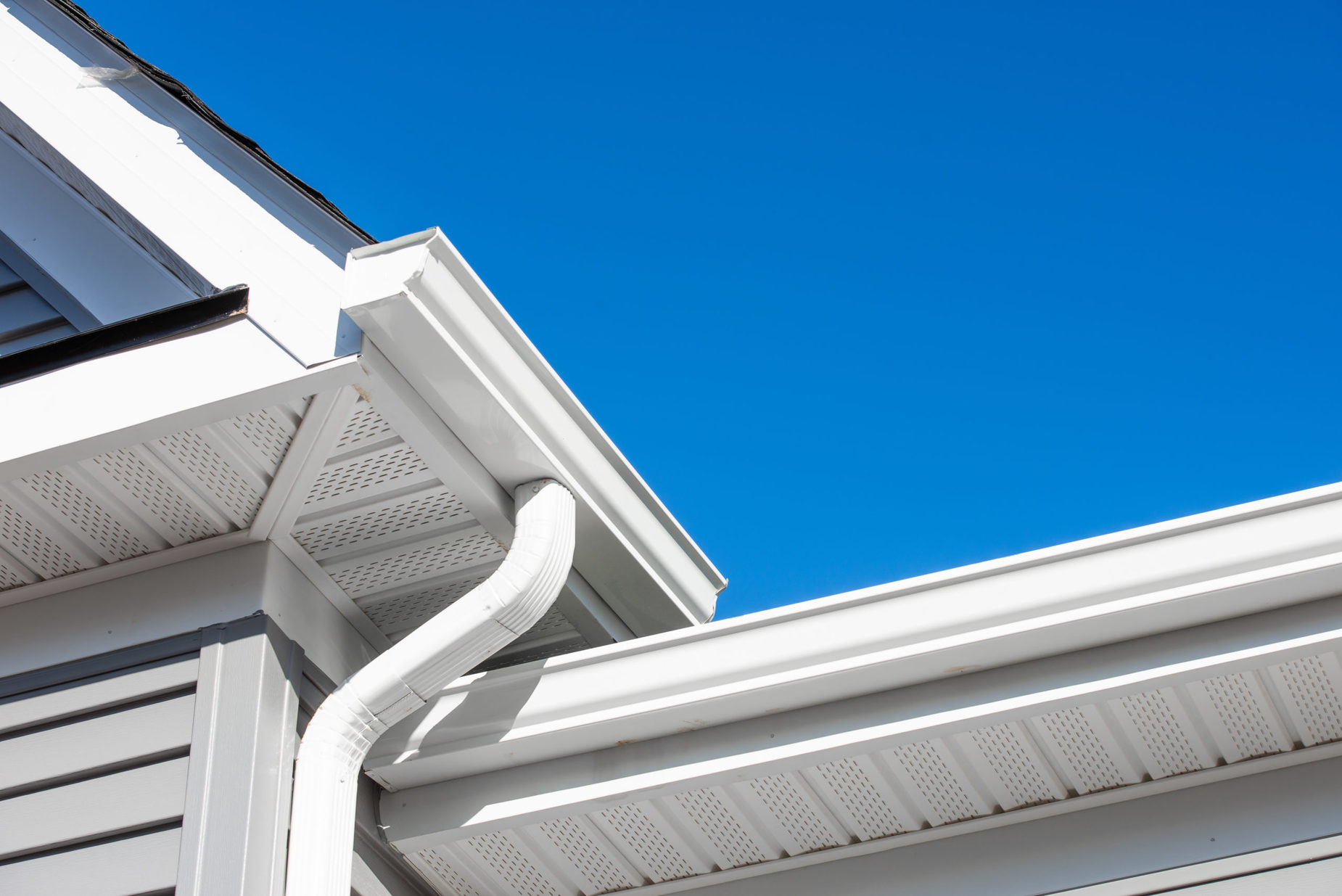
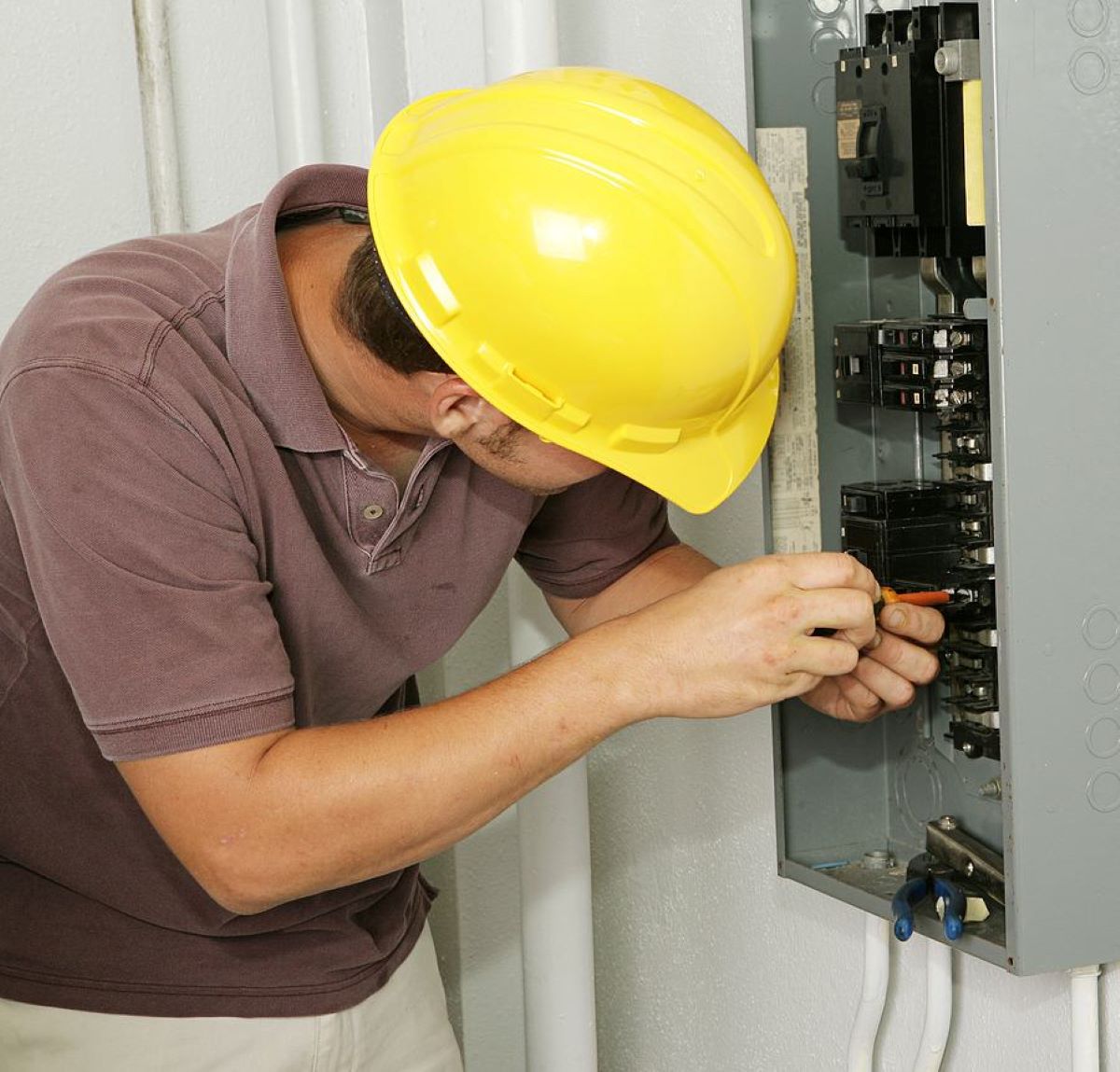
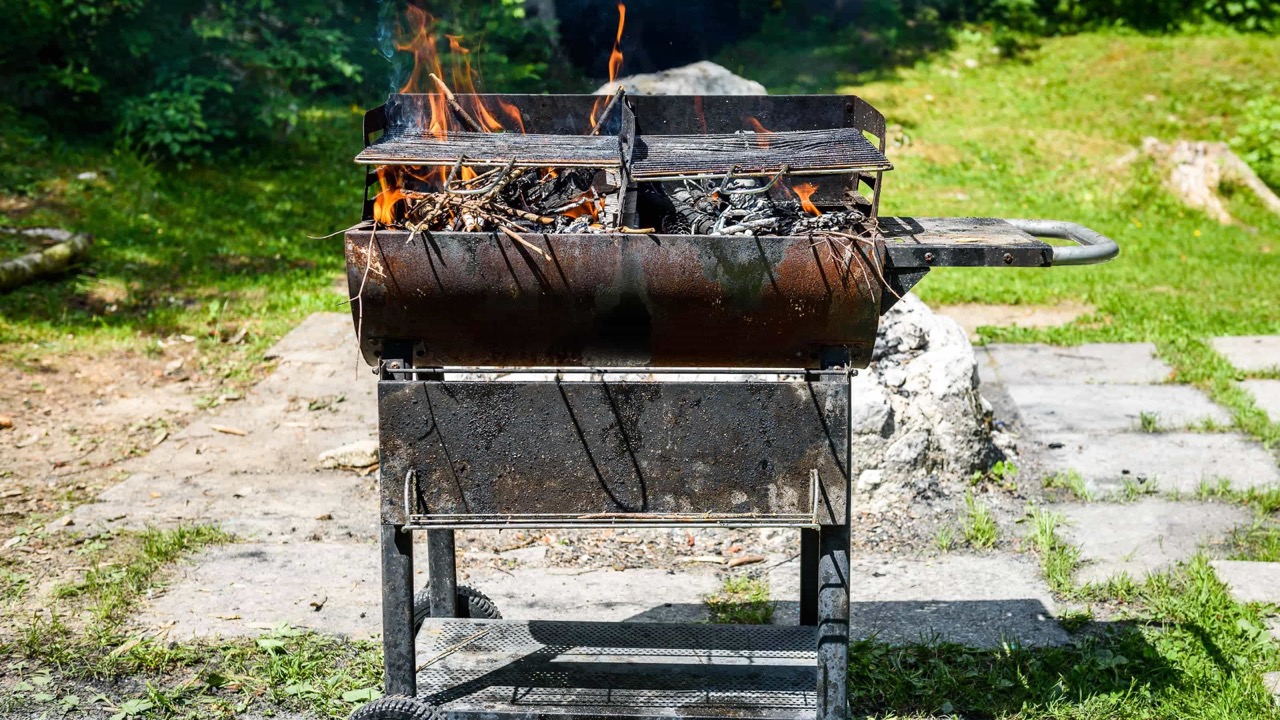
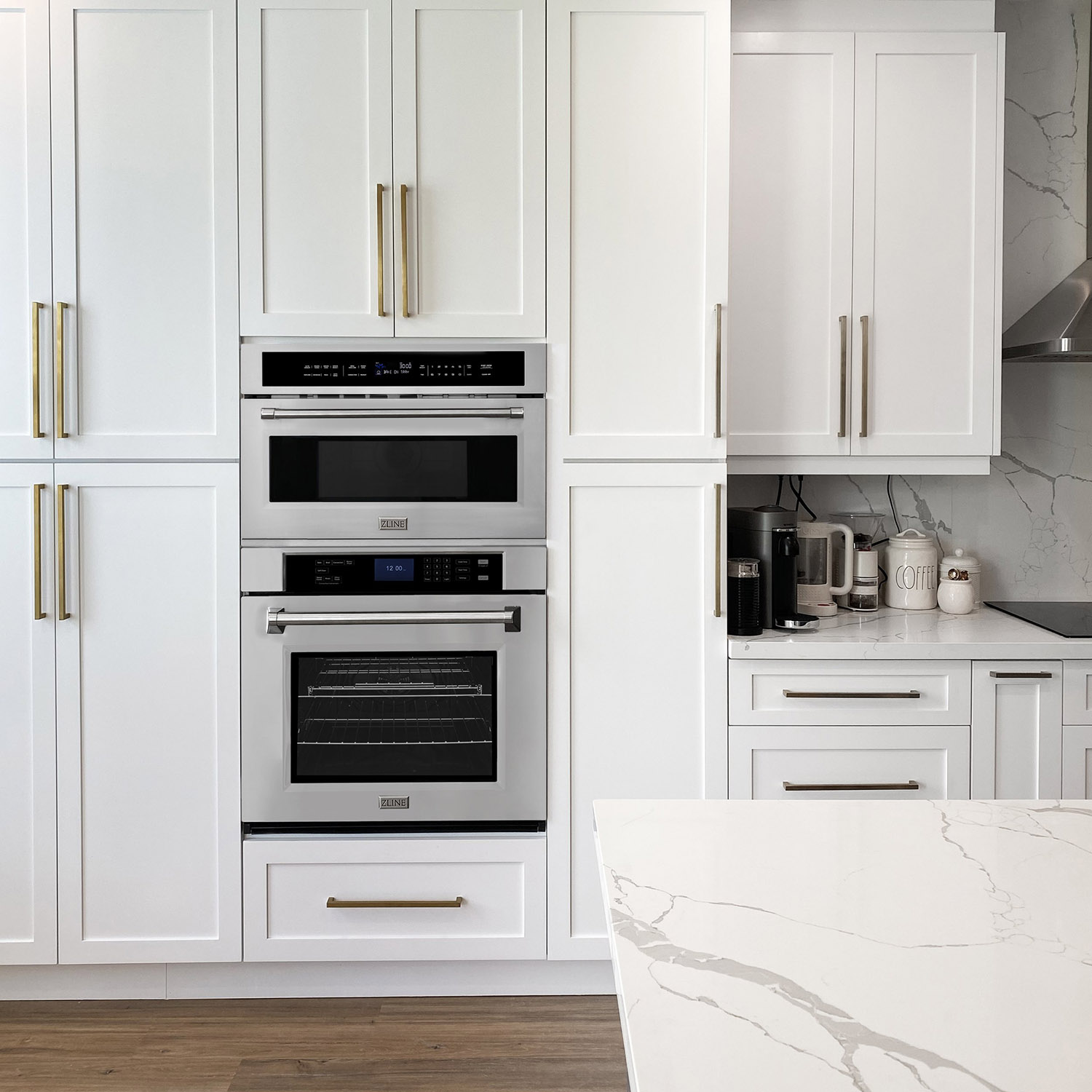
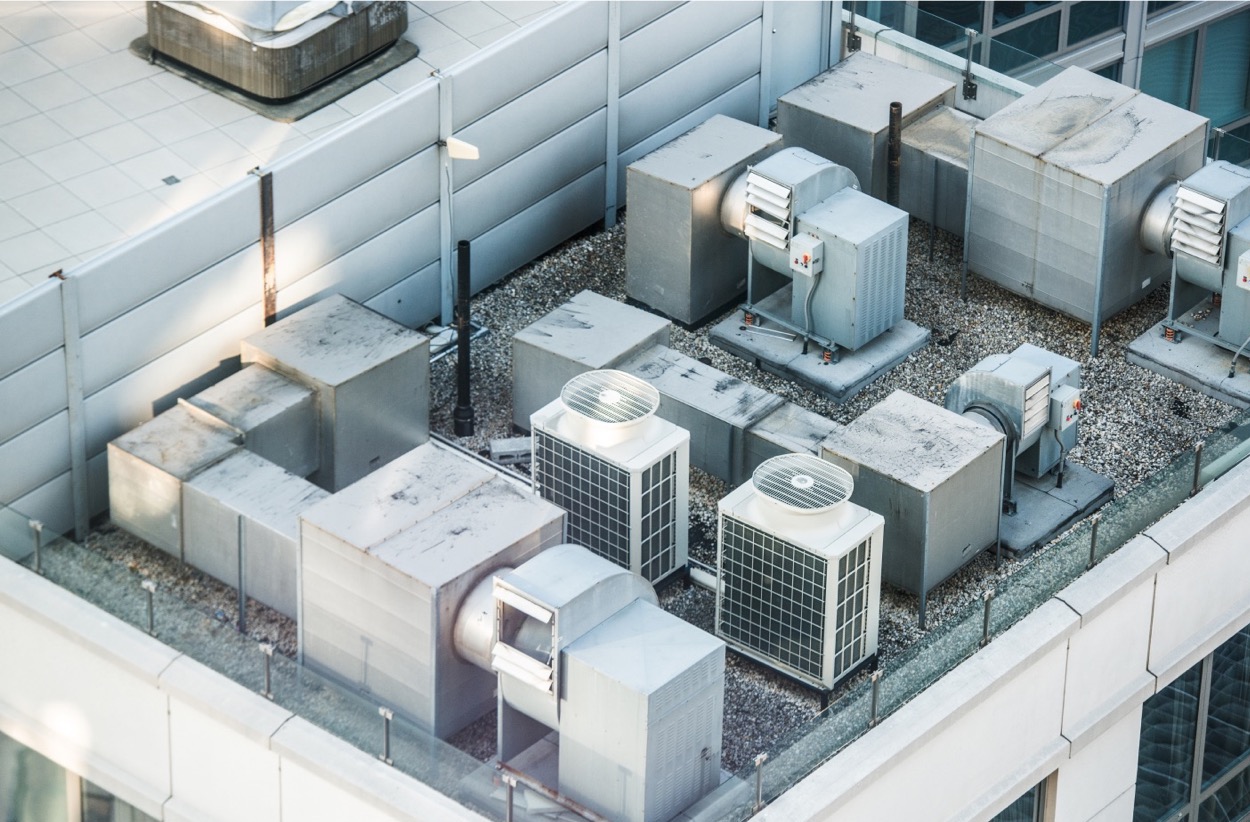

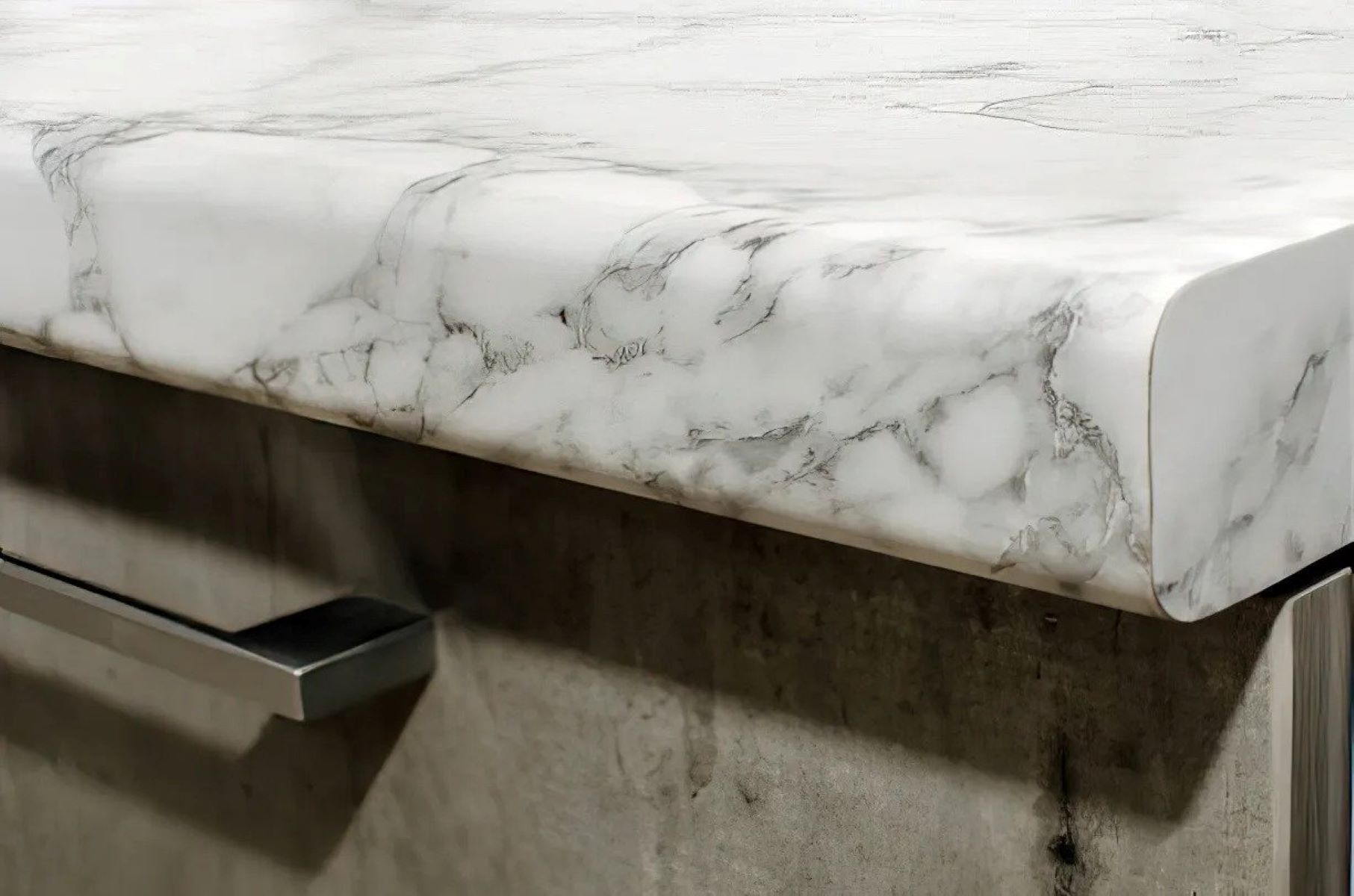
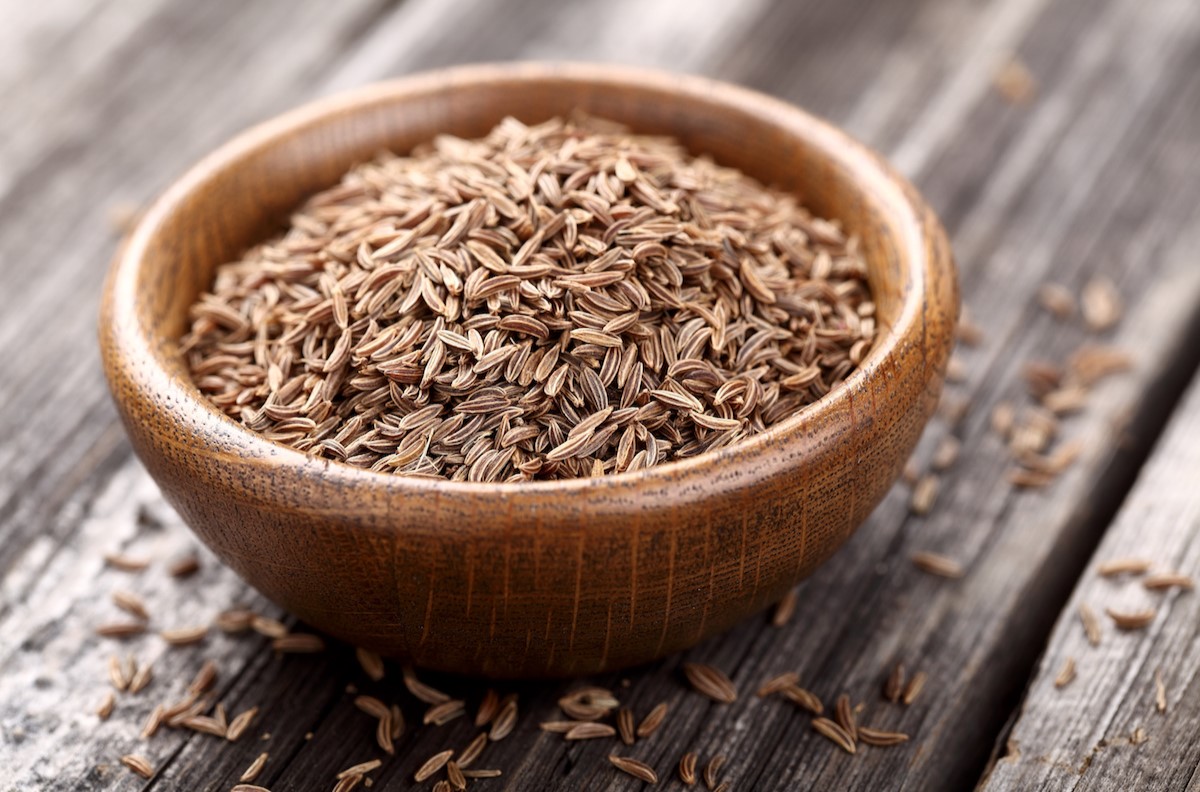
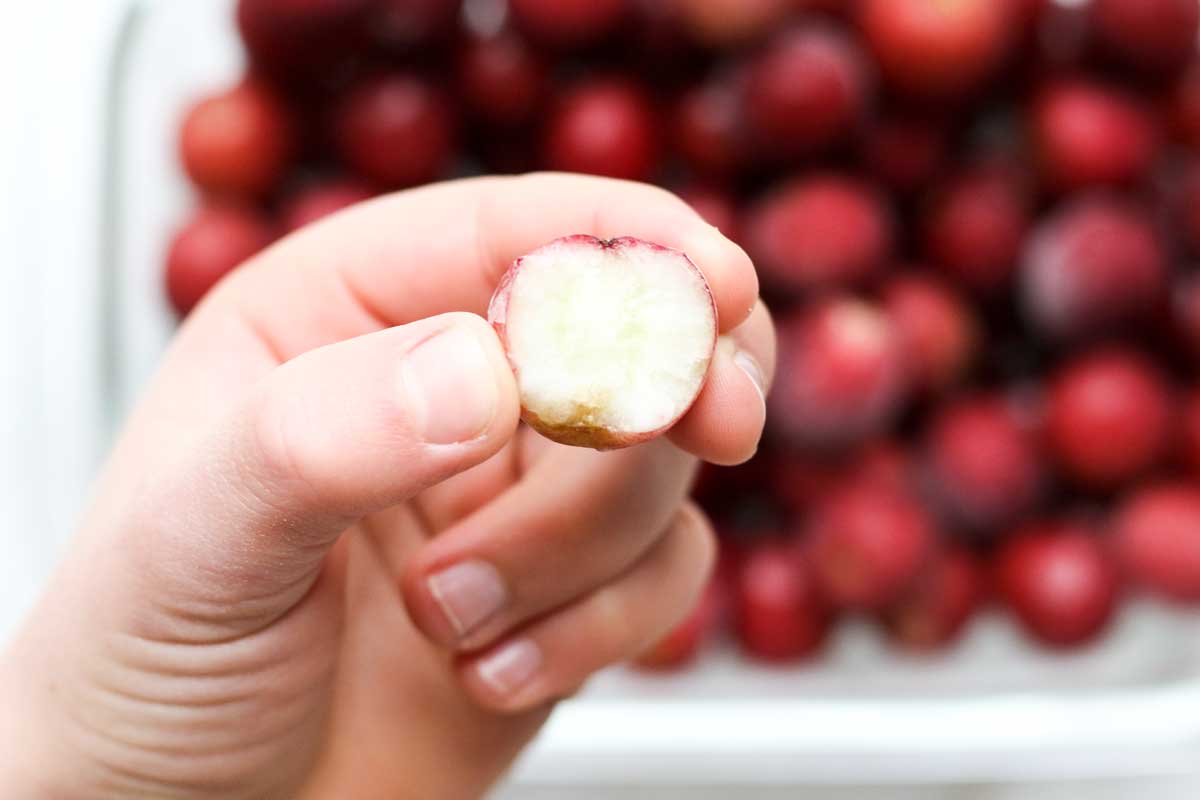
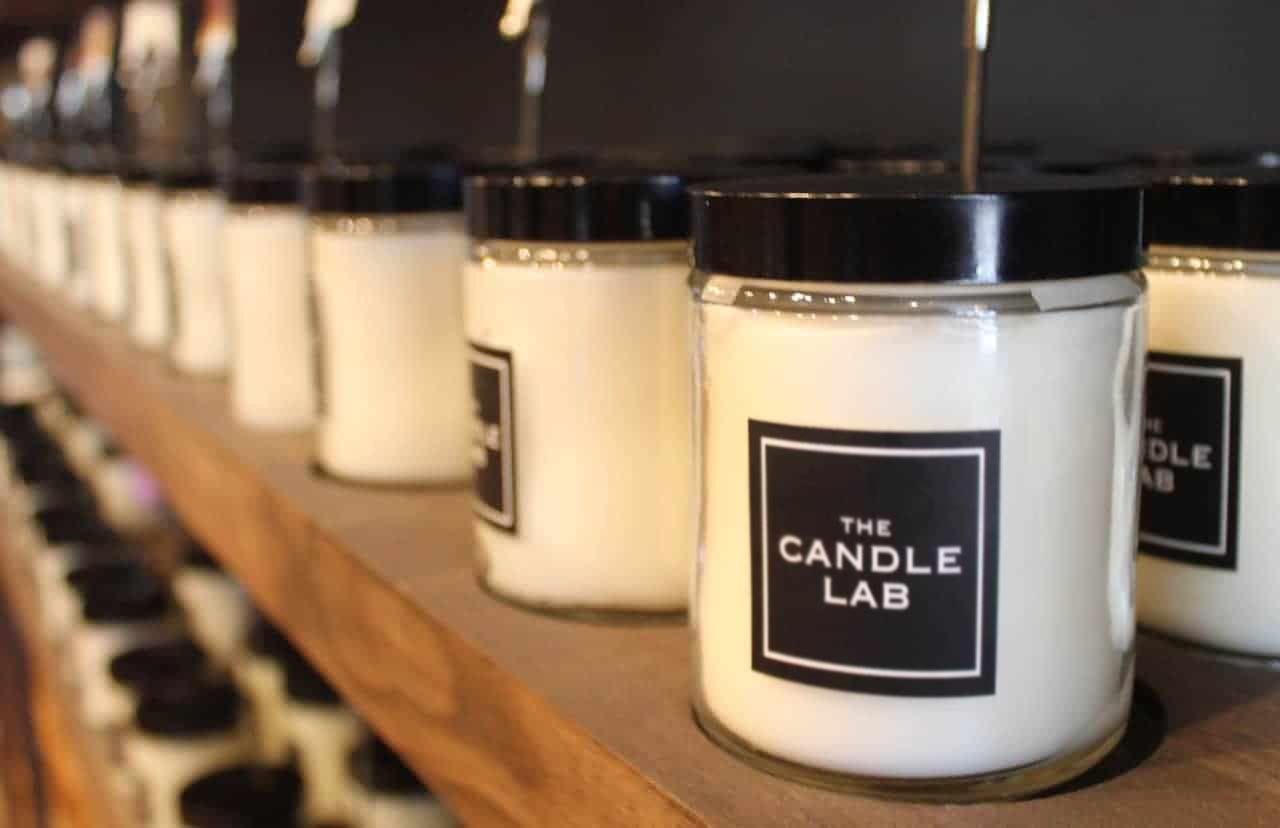


0 thoughts on “How Long Do Wall Ovens Last”